Everett Herald
In criticizing new legislation that would alert voters if an initiative on the ballot could result in either budget cuts or a tax increase, initiative promoter and Mukilteo resident Tim Eyman likened the proposal to a “surgeon general's warning label on initiatives.”
Actually, that's why it's a pretty good idea.
Auburn Republican Sen. Joe Fain earlier in the session proposed a bill that would have required any initiative that would increase costs outside of the state's four-year balanced budget requirement to identify which taxes initiative authors would increase or programs they would cut to balance the budget.
We criticized the earlier proposal as having the potential to violate the state constitution's rule that initiatives not address more than one issue.
Fain, after hearing feedback from colleagues, pulled that proposal back and forwarded his latest, which would instead add wording to each initiative's ballot language that “other state spending may need to be reduced or taxes increased to implement the proposal.”
The warning is not quite as stark as “Smoking causes lung cancer, heart disease, emphysema and may complicate pregnancy,” but it gets the reminder across that voting causes consequences.Legislators, when they are considering bills before them, have the advantage of referring to a fiscal note, prepared by the state Office of Financial Management, that attempts to inform them of the likely costs of the bill being considered.
Voters have the same resource but, even though it's included in their voters' pamphlet in print and online, it's often ignored by most voters. Along with alerting voters on the ballot initiative about the measure's budget effect, we'd also suggest it refer voters to that fiscal note in the voters' pamphlet.Initiative 1351, which seeks to reduce class sizes in the state's K-12 schools and passed with 51 percent approval, makes a good case in point and is what's behind the recent attempts to reform the initiative process.
Voters who did read the fiscal note for I-1351 were informed that, assuming it isn't suspended or changed by a two-thirds vote of the Legislature this session, will result in an estimated $4.7 billion in increased spending by the state through 2019. That's on top of the significant spending decisions ahead of the Legislature as it works to satisfy the state Supreme Court's mandate to fully fund education.
Admittedly, even if every voter had read the I-1351 fiscal note, it might not have changed the result. More than a few people likely voted for the measure, intent on sending a message to the Legislature about its foot-dragging in funding education.Eyman sees Fain's bill as an “unwarranted attack on the initiative process,” an attempt to scare off support and an insult to voter intelligence.It's none of those.
The initiative process is not a public opinion poll. It gives the voters their shot to consider and adopt legislation. That's a duty that requires thought and consideration of the available information. A sentence reminding them of potential costs seeks only to inform their vote.

